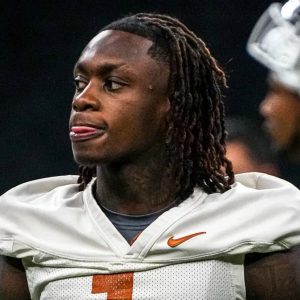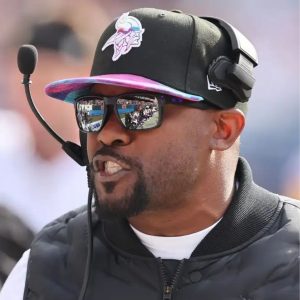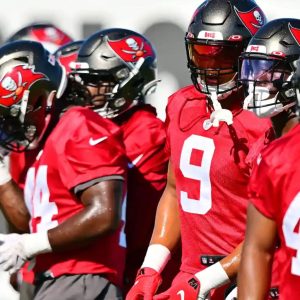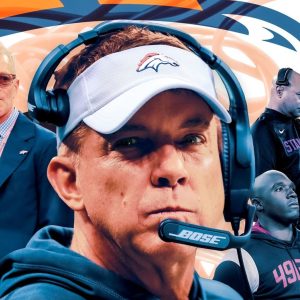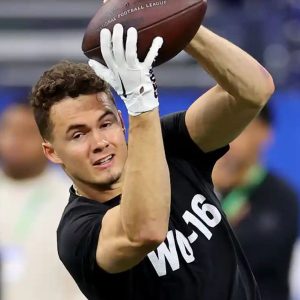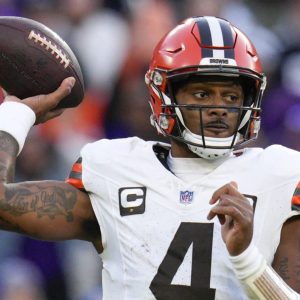The delicate balance between demonstrated performance and future accomplishments is where NFL decision-makers prove their worth.
The Philadelphia Eagles are on that tightrope with 29-year-old undersized edge-rusher Haason Reddick, who is set to enter the final year of his current contract with the duality of being underpaid while also serving as a salary-cap stress to the organization.
Reddick wants more money and the Eagles need cap relief. To help find a middle ground Philadelphia granted Reddick’s agent, Tory Dandy, permission to seek a trade.

What that tactic accomplishes is the ability for Reddick to gauge not only his worth to Philadelphia but his value around the league as well.
The Eagles understand that Reddick has outperformed his original deal with 27 sacks over two seasons and 30 ½ if you include the postseason. At the same time, at 6-foot-1 and 240 pounds, Reddick isn’t going to be the same cup of tea for every defensive scheme so the goal is to find the middle ground between where Reddick is and the $25 million Myles Garrett currently makes.
Roseman and Vice President of Football Transactions and Strategic Planning Bryce Johnston likely want to keep the number south of $20M with a short-window extension of a year or two to take down a cap number set to be just under $22M for next season, by far the highest on the team.
The Eagles have used this strategy before to successful conclusions with cornerback Darius Slay and defensive tackle Fletcher Cox.
Reddick, though, is more expensive at a position of great value for every team and he’s the youngest player Philadelphia has tried this with so there is some uncharted ground here.
The Eagles have highlighted some of the uncertainty with Reddick by the existence of two futures deals with third-round pedigree edge defenders signed from outside the organization.
The period between the Super Bowl and the start of the NFL’s new league year on March 13 is not the time to make splashes on the personnel front. Still, Philadelphia managed to add a somewhat intriguing name on a futures deal Wednesday in former Detroit edge defender Julian Okwara.
Okwara, the No. 67 overall pick out in the 2020 draft of Notre Dame, was signed Wednesday, and he joins Alabama product Terrell Lewis, who was selected 17 spots after Okwara in the same draft by the Los Angeles Rams as the lottery tickets brought in.
By no means are the Eagles counting on players who did not make it through their rookie deals with their original teams but the signings are the kind of outside-the-margin thinking the Philadelphia front office prides itself on.
Both Okwara, 26, and Lewis, 25, have talent and are still young enough to turn their careers around, especially if well-regarded defensive coordinator Vic Fangio can tap into and maximize what put the players on the NFL’s radar in the first place.
More so, if things don’t work out with Reddick, a Moneyball contingency approach of trying to replace the production and not the player with multiple bodies is likely the goal.
Think of it like Okwara, Lewis, a premium draft pick, and a mid-level free-agent signing all at a lesser cap number than Reddick would cost by playing at his current deal unhappy as an underpaid, perhaps disgruntled performer.
You can almost envision Billy Beane: “Your goal shouldn’t be to buy players – it should be to buy wins.”
